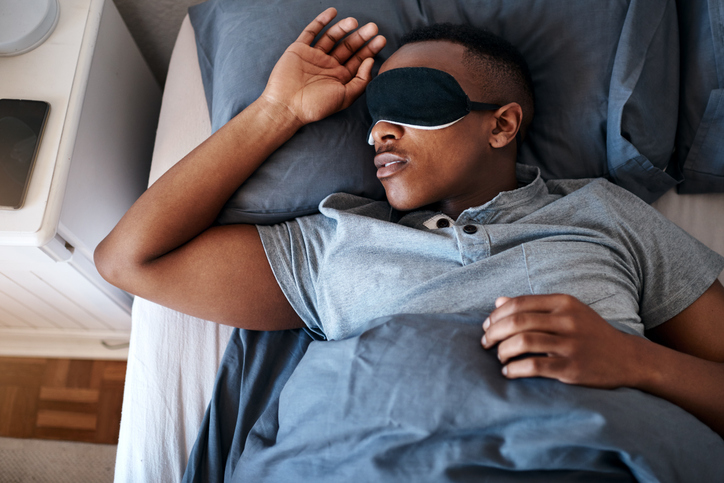Living with Chronic Pain
Using the Right Type of Bed Pillow to Promote Quality Sleep

7 people found this helpful
Print
Share
Save
It’s important to use a suitable pillow to obtain quality sleep. Using an unsupportive or uncomfortable pillow can negatively impact health.
Possible health consequences of using an unsuitable pillow
Possible negative health consequences of using an unsuitable pillow include the following:
- Pain — Pillows that do not provide enough neck support or hyperextend the neck can cause neck pain, headaches, shoulder pain, and arm numbness.
- Interference with sleep apnea — Pillows can interfere with continuous positive airway pressure (CPAP) treatment for sleep apnea; the mask can be pushed off the face by the pillow when side sleeping.
- Contribution to sleep deprivation — Uncomfortable pillows can interrupt sleep, leading to sleep deprivation.
Best type of pillow for each sleep style
- Back sleepers should consider a thinner pillow that allows the head to rest in alignment with the spine. It should provide extra support in the bottom third of the pillow to support the natural curve of the neck.
- Side sleepers should consider a firmer, thicker pillow. It should support the head and neck so that the spine stays in a straight, natural horizontal line.
- Stomach sleepers should consider a very thin, flat pillow or forgo a pillow and rest the head directly on the mattress.
- Combination sleepers should consider a flexible pillow filled with material (e.g., down, down alternative, etc.) that can be manipulated into different shapes.
Specialty pillows
- Cervical pillows have extra cushioning in the lower portion of the pillow to provide extra support for the neck.
- Water pillows use water as support. They can be customized to various degrees of firmness and support.
- Cool pillows are filled with beads that absorb and dissipate heat away from the head. This ensures that the area of the pillow that touches the face stays consistently cool.
- Body pillows, as the name suggests, are often as long as the body. They provide extra support for the stomach and are often used by side sleepers and pregnant women.
General tips for buying a bed pillow
- Aim for comfort. If a pillow isn’t comfortable, it does not matter how “perfect” it may seem.
- Consider sleep style. Back sleepers, stomach sleepers, and side sleepers require different degrees of support.
- Check the fill material. Pillows are filled with a variety of materials, ranging from feathers to memory foam to buckwheat husks.
- Consider the cost. Expensive pillows do not automatically mean better quality.
- Test the pillow. If possible, lie down and test different pillows in the store before purchasing.
- Check the return policy. Confirm if a pillow can be tried at home and returned if it’s not comfortable and supportive.
- Don’t trust marketing claims, such as “a solution for sleep apnea” or “cures snoring.” These are medical conditions/sleep disorders that require medical treatment.
- Get input from other individuals with chronic pain. Ask others who have similar conditions about what type of pillow they use. The Mighty is a good source to ask questions and get answers from others with similar health conditions.


















